WASCO succumbs to public pressure over Mafeteng crisis

SHARE THIS PAGE!
The Water and Sewage Company (WASCO) has given in to mounting public pressure and finally moved in to address the severe water scarcity currently bedevilling Mafeteng district, disrupting daily life and straining businesses and essential services.
The urban water supplier says it has initiated several short-term interventions including water tanking to distribute the vital resource to essential institutions such as hospitals, schools and residential areas.
The company has also introduced rationing to manage the limited water supply, strategic water storage by installing large tanks in public areas and also deploying mobile water treatment units to enhance water treatment capacity.
In addition, it has also announced a raft of medium and long-term solutions to address the water challenge.
“While recognising the need for sustainable solutions to ensure a stable water supply in the long term, we have planned several measures including drilling and equipping 11 new boreholes within the next six months, dredging the Rasebala dam to restore its capacity and constructing the Morija-Mafeteng transmission pipeline as part of the Metolong downstream conveyance system,” WASCO public relations manager, Lineo Moqasa, said in a statement.
Moqasa added that the company also intends implementing the Lesotho Lowlands Water Development Project Phase II with the aim of sourcing water from the Makhaleng River and set to deliver its first drop in 2029.
The perennial water shortage has reached crisis level as the only town’s primary water source, Rasebala Dam, has been severely impacted by siltation, depleting its capacity to a mere 15 percent.
WASCO says the water scarcity was also a direct result of unpredictable weather patterns linked to climate changes including prolonged droughts and extreme heat waves.
WASCO’s caretaker chief executive officer, Falla Seboko, this week expressed deep concern over the situation in the district, adding that they were working hard to address the situation.
“We are aware of the hardships faced by the Mafeteng community and businesses due to the ongoing water scarcity. As your service provider, we are fully committed to implementing effective measures to alleviate the crisis and ensure that Mafeteng residents and businesses receive the water they desperately need,” Seboko noted in a statement.
According to Seboko, the ongoing water woes in Mafeteng was a consequence of several factors including the significant siltation of Rasebala Dam, which has diminished its water storage capacity to just 15 percent of its original volume.
Seboko indicated that the situation has had a domino effect on the town’s water treatment plant, which now operates at less than half of its designed capacity, producing only 1.8 ML/, far short of the town’s 3.3 ML/D demand.
Rasebala Dam was commissioned in 1993 and upgraded in 2012 to meet the growing water demand in Mafeteng.
The measures announced by WASCO come after Mafeteng residents gave the government 14 days to inform them of the actions it was taking to address the water crisis in the district, failure of which they would resort to legal action.
In a letter dated December 24, 2024, addressed to the minister of health Selibe Mochoboroane and copied to prime minister Sam Matekane, also minister of environment, through their lawyer, Advocate Fusi Sehapi, the residents accused the government of interfering with natural water sources and wetlands in their area, leading to further desertification.
The residents also accused WASCO of unreasonably abandoning its own constructed, sustainable and environmentally friendly property infrastructure in favour of natural and public communal in the urban areas of the district.
They also claimed that WASCO had negligently drained and dried up the Luma and Raleting dams and was now in the process of piping water from the Tšalitlama dam, all without consultation with the Mafeteng community.
“This negligent and unreasonable conduct has exacerbated heat waves and desertification of the area as among others, (there are) no water sources to contribute to rain formation and neutralisation of heat by evaporation and the cooling processes. The area may be lit up by wild fires any time owing to very high temperatures,” the letter said.
The residents further argued that it was illegal for the water and sewage company to arbitrarily access public and natural resources without informing and consulting them as requested by the Environment Act of 2008.
“You are in the strange business of selling water to the public. It defies logic and common sense why you could make the people of Mafeteng pay for water which you draw from their own communal properties surrounding dams without consulting them as mandatorily required by the Environment Act, 2008,” they asserted.
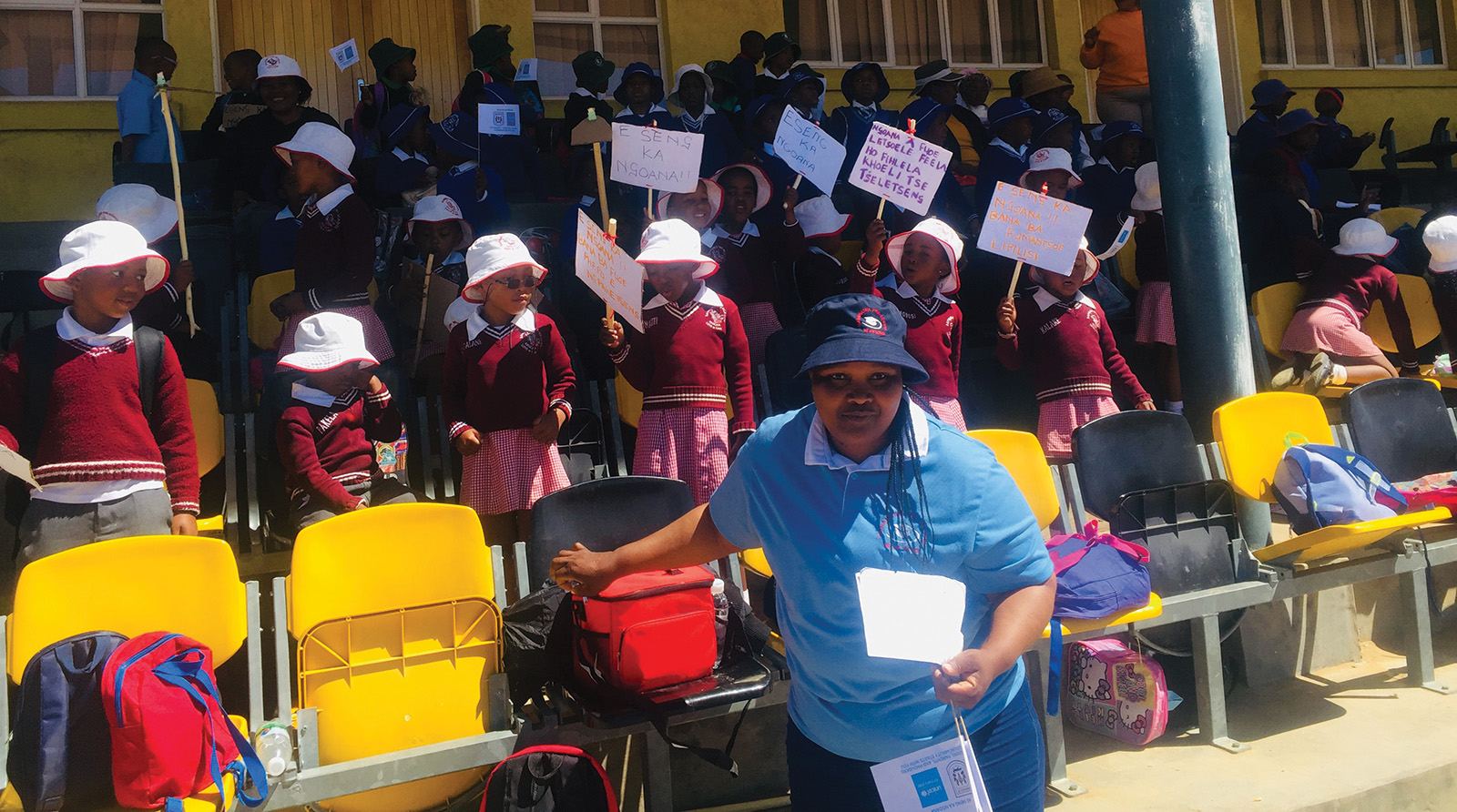

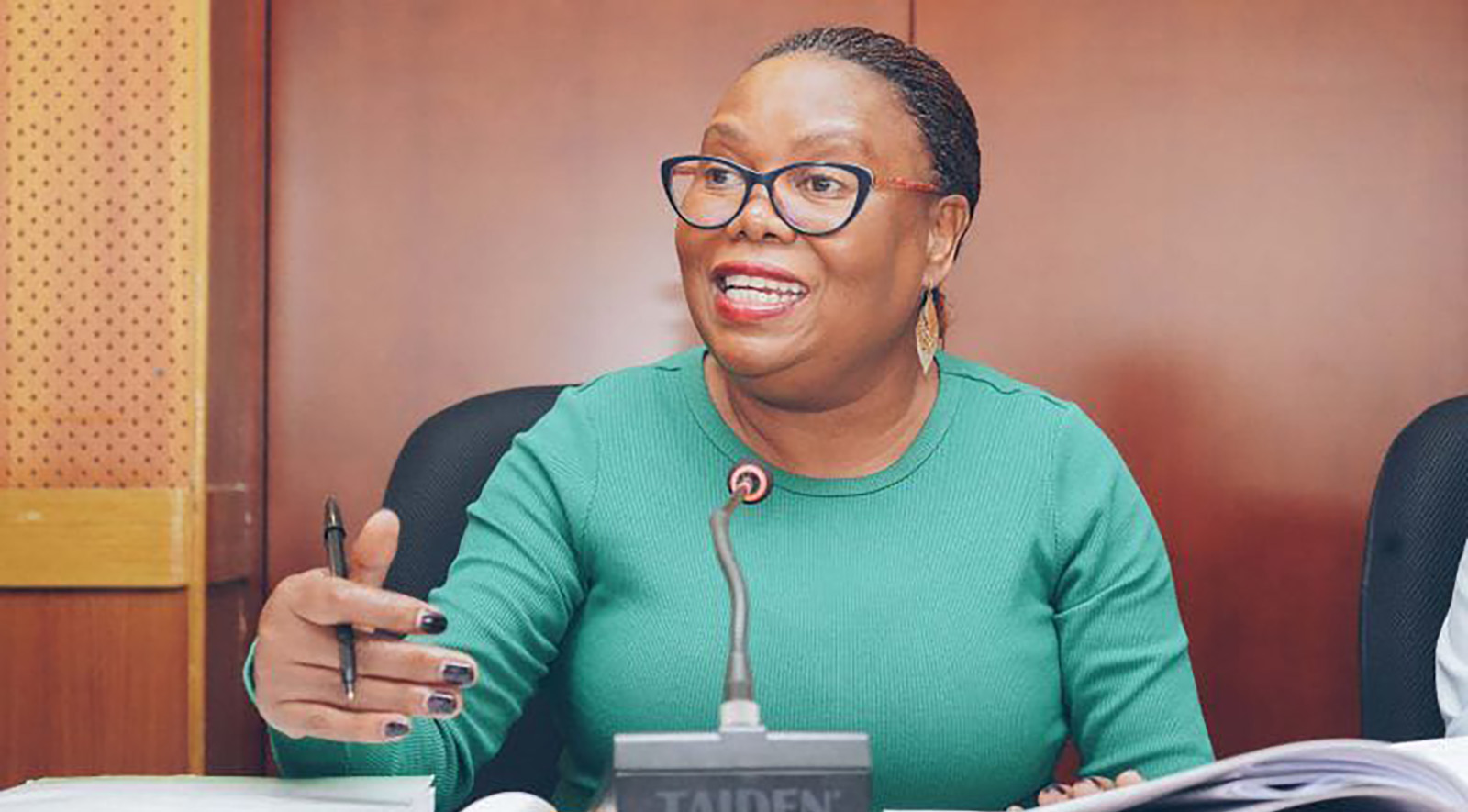
Lesotho to host SADCOPAC conference
7 days ago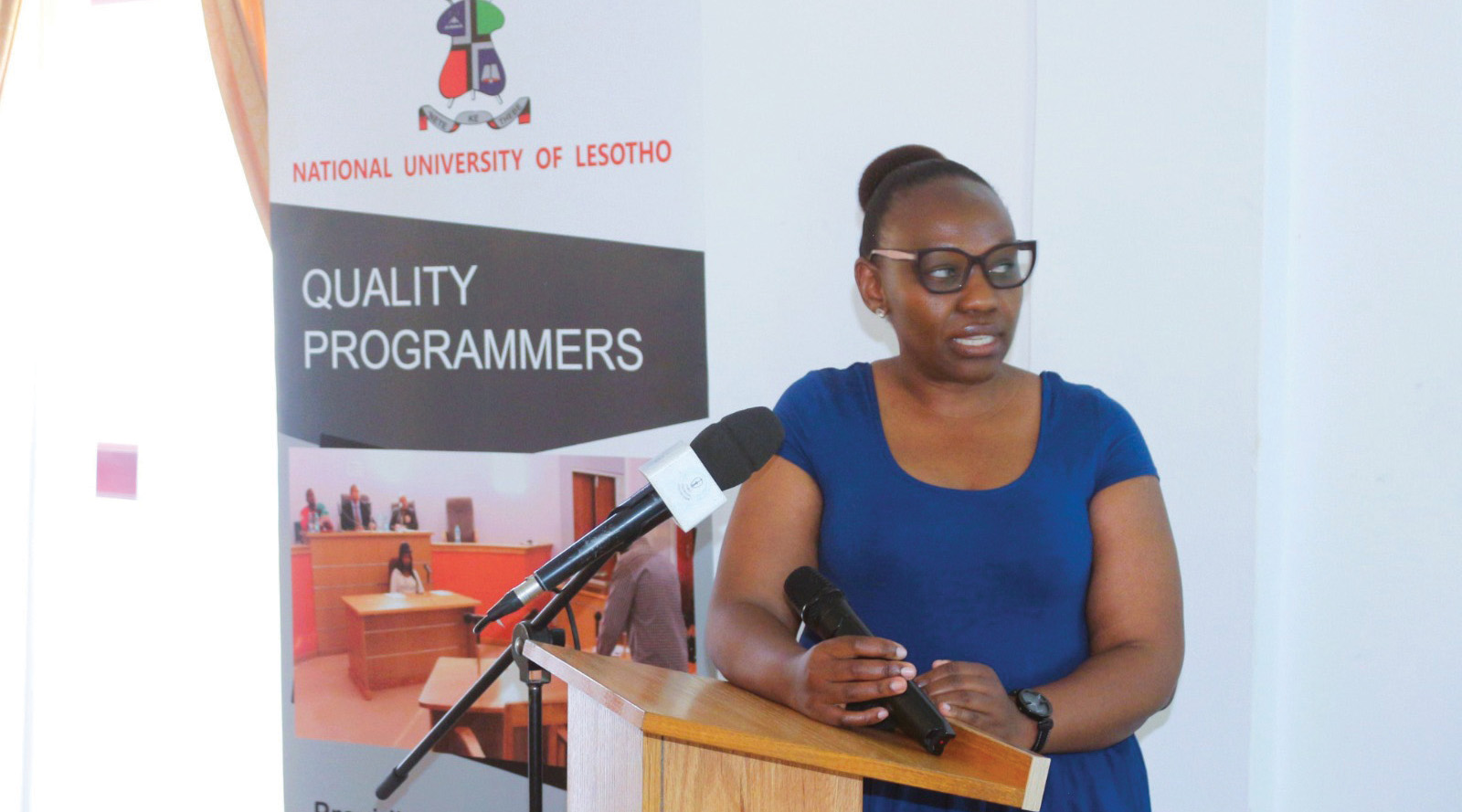
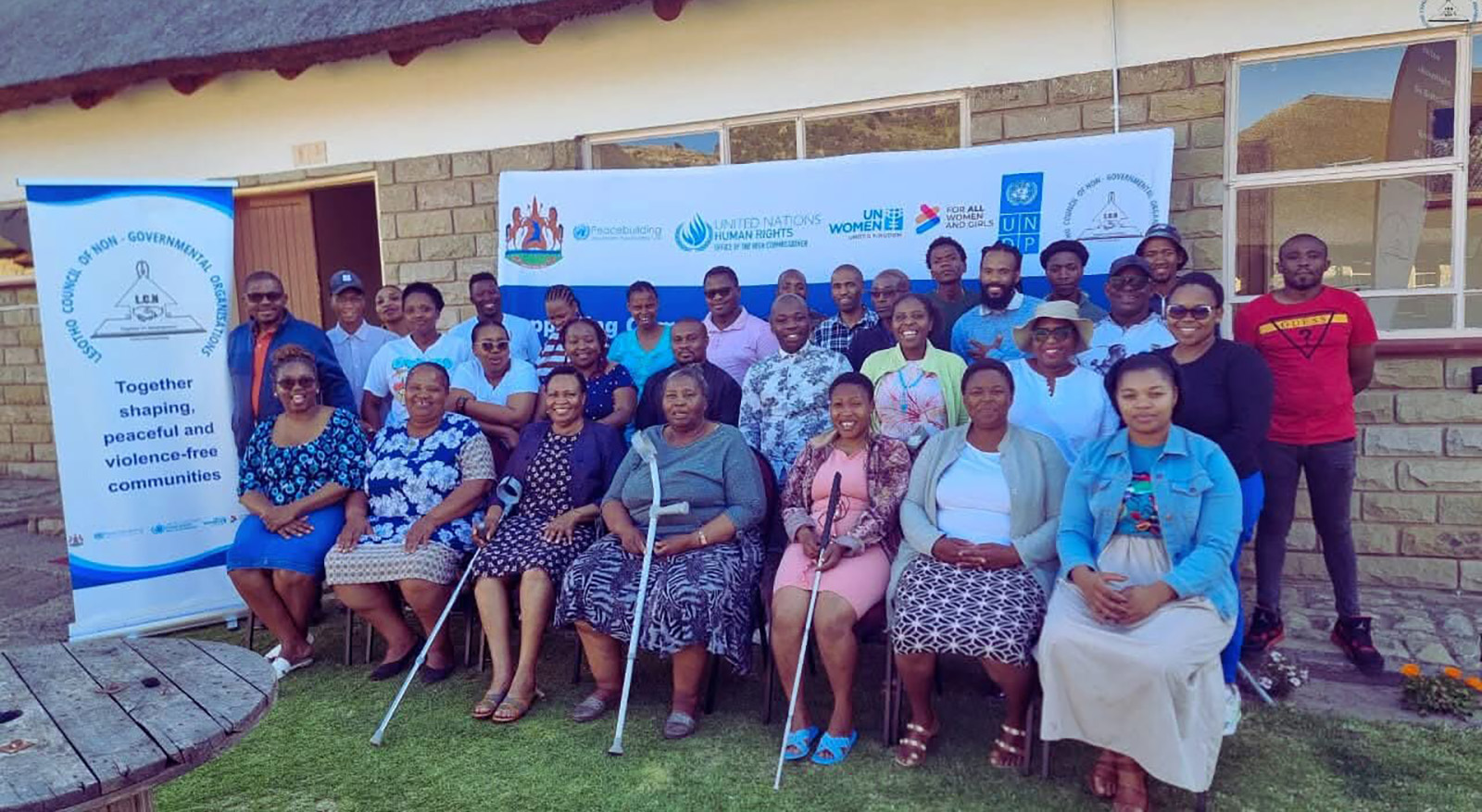
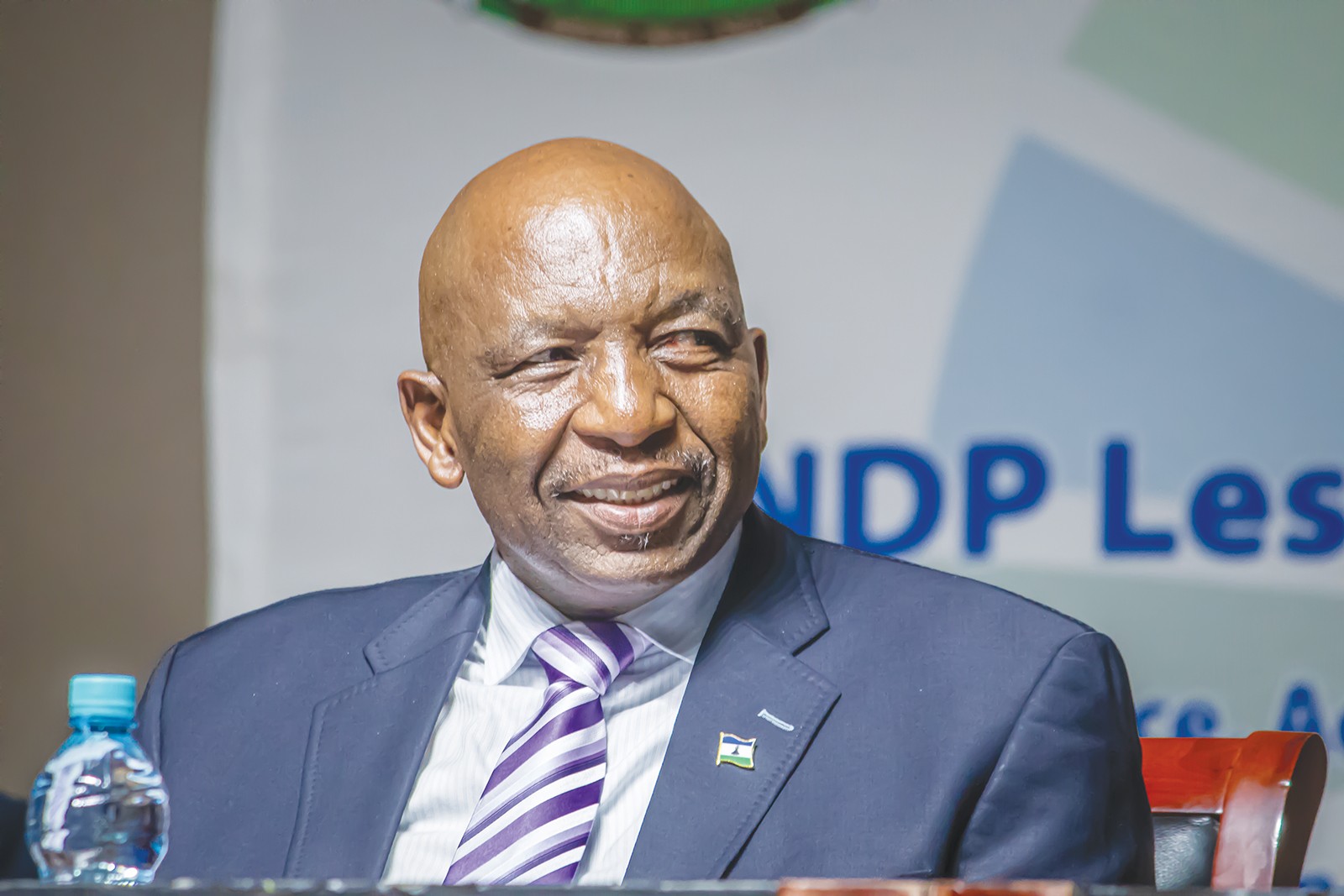
Matekane mourns former Kenyan PM Odinga
7 days ago
Man seeks justice after assault at Ha Tsosane
10 days ago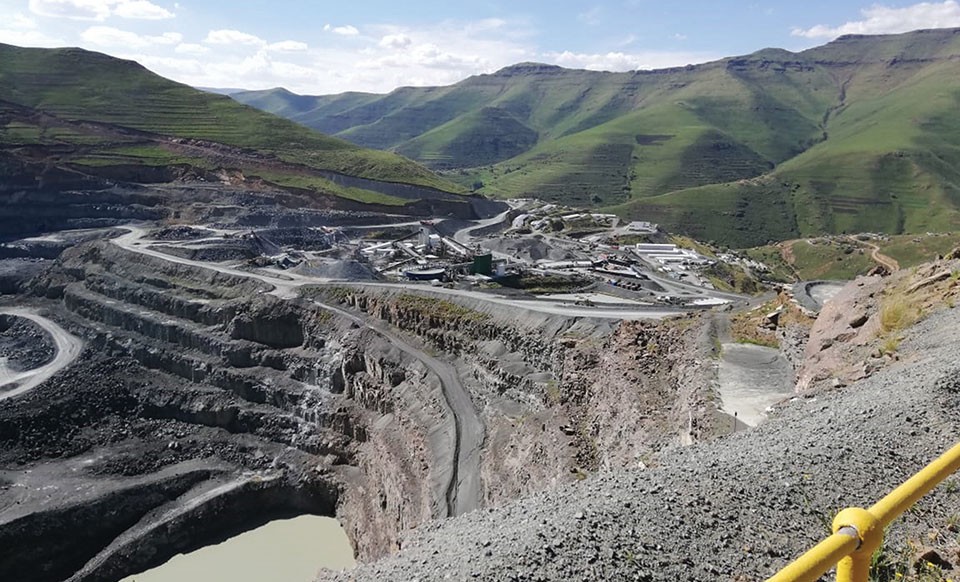
Union blasts govt as Kao Mine faces shutdown
10 days ago
NUL students invent M200 heartbeat tracker
10 days ago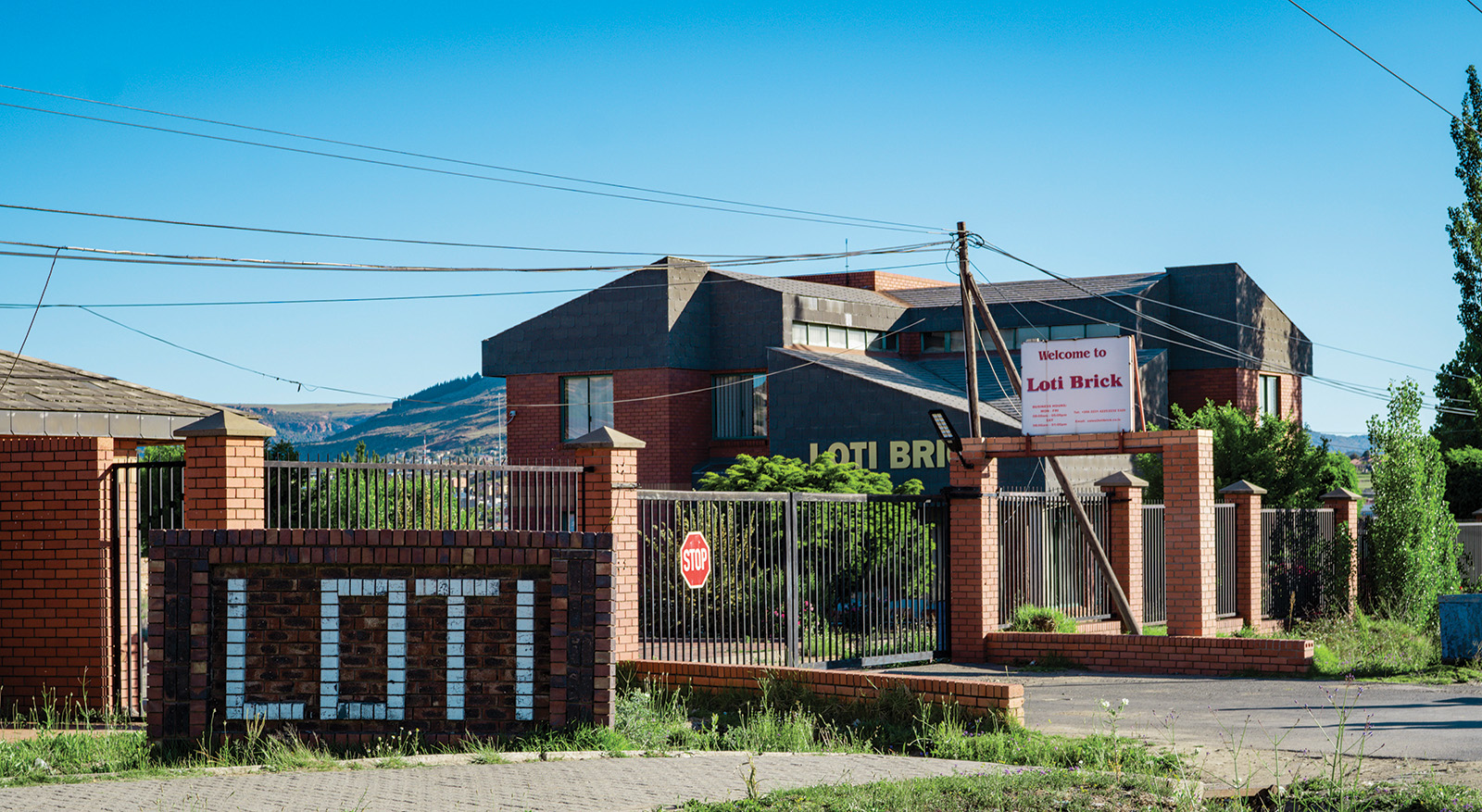
LNDC seeks Loti Brick liquidation
10 days ago